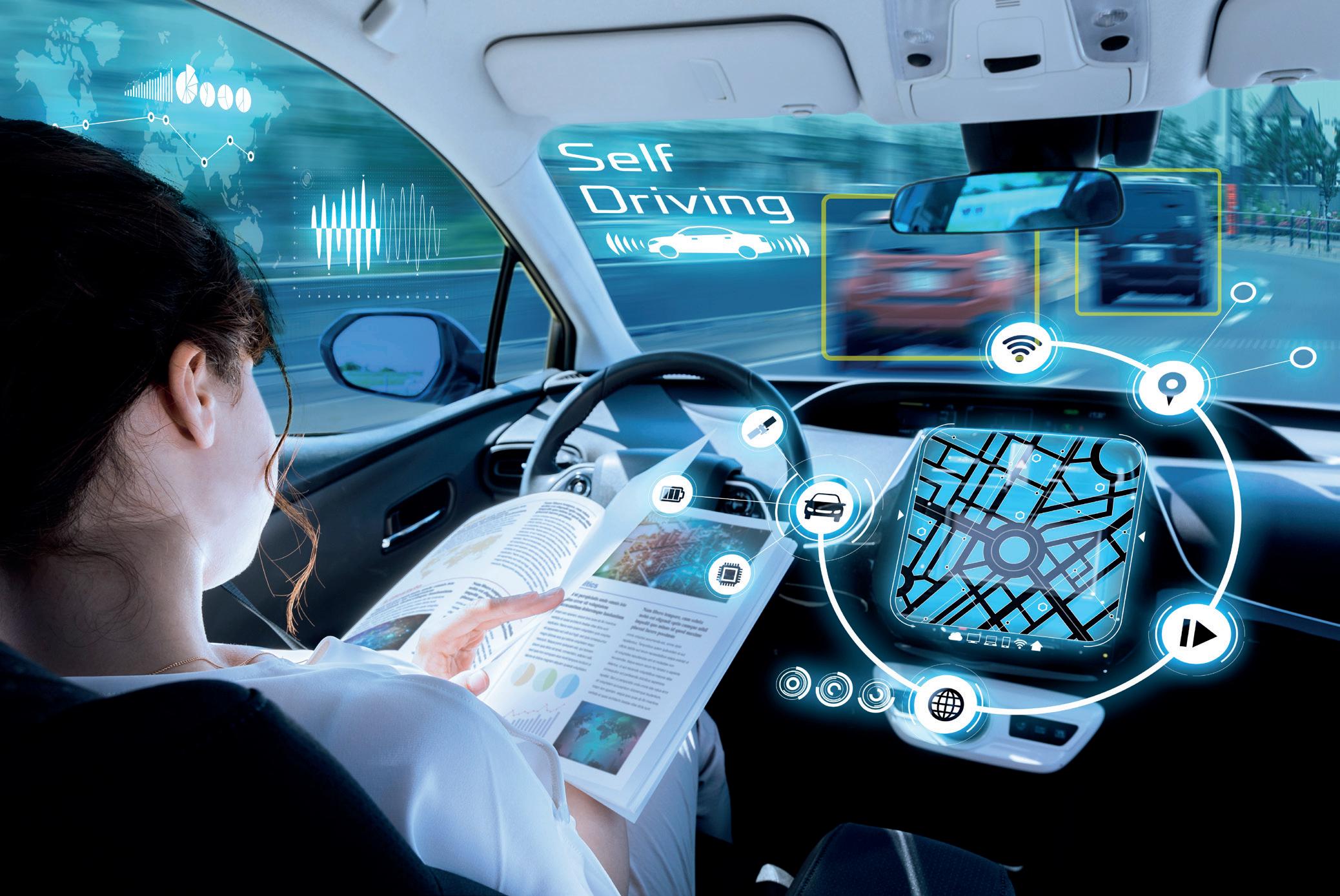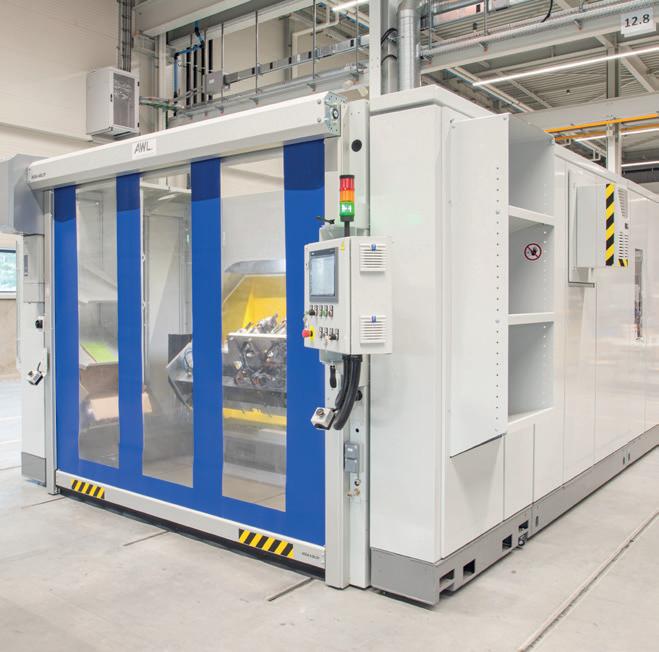How engineers can address the data scientist gap Despite a worldwide shortage of data scientists, automotive companies are undaunted and continue to look for and recruit “unicorn” data scientists: unique candidates who know statistics and computer science, and have domain expertise about the business. While the word “unicorn” may imply that such people are impossible to find, companies may achieve better results if they’d focus on the 3rd skill: relevant industry domain expertise. This facet is often overlooked, yet it is key to the success of data science projects.
Domain knowledge is what enables a practitioner to make quick, educated decisions as they analyze new datasets. Because these employees are intimately familiar with the data being analyzed, they can easily distinguish between signal and noise, between correlation and causation, between insignificant anomalies and major changes in vehicle operating conditions. This level of expertise is often found in research and engineering departments with established cultures around understanding the products they design and build. These teams already use statistical and mathematical tools in their everyday work, which makes the jump to the machine learning tools of the data science world quite manageable.
Enabling the domain experts A natural question to ask at this point is: How can newer techniques like machine learning be made accessible to engineers with domain expertise? Machine learning is used to identify the underlying trends and structures in data. Many different machine learning algorithms have been developed and each has its own strengths and limitations. However, it is hard to know which one of these algorithms will be most
suitable for tackling a particular problem. The best thing to do is often to try them all out and compare results. This can be quite a challenge in some environments, but it is critical for identifying “quick wins” where machine learning provides improvement over traditional methods. Tools such as MATLAB address this problem by providing point-and-click apps that train and compare multiple machine learning models.
Caption: A point-and-click app for domain experts to train machine learning classification models
74

















